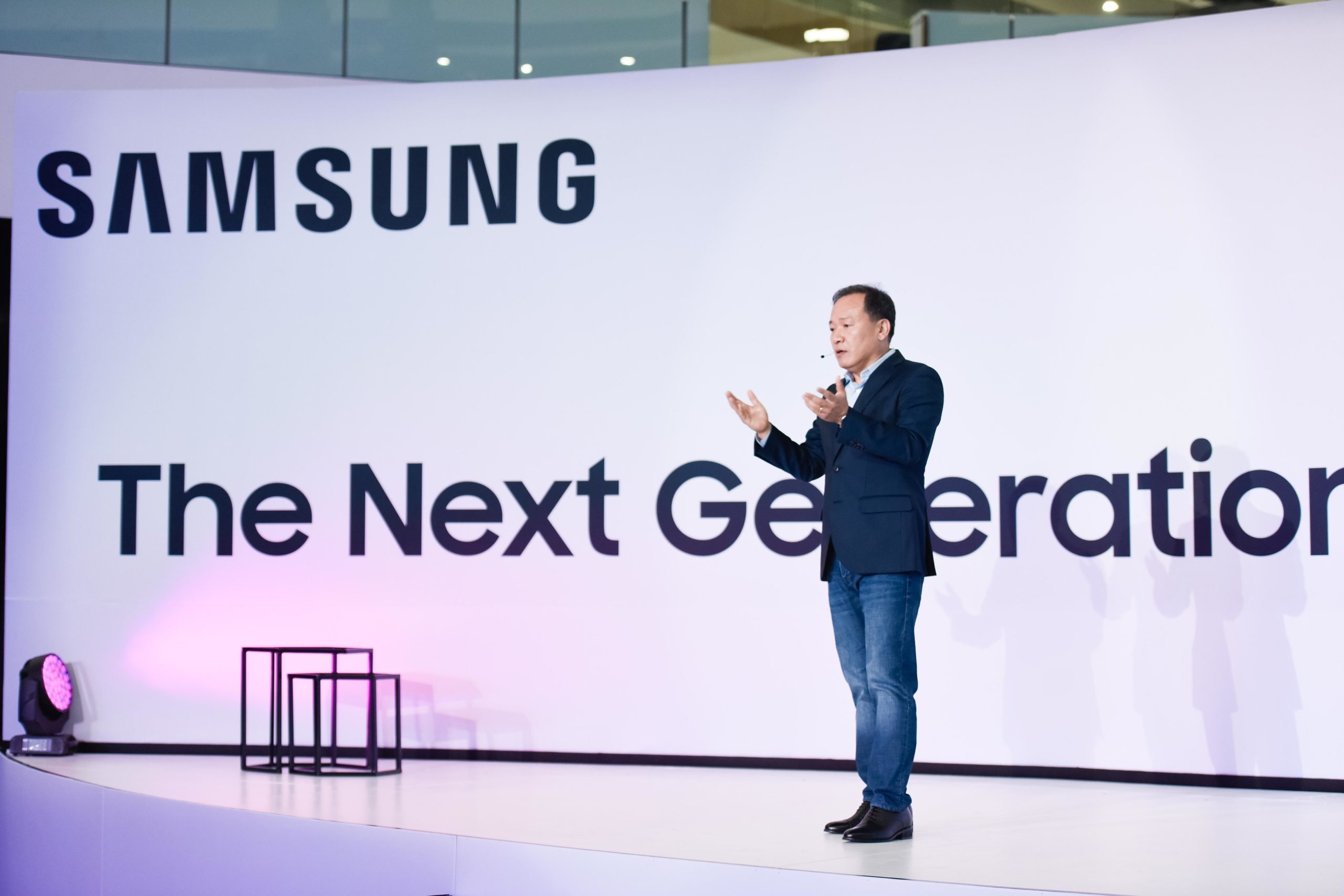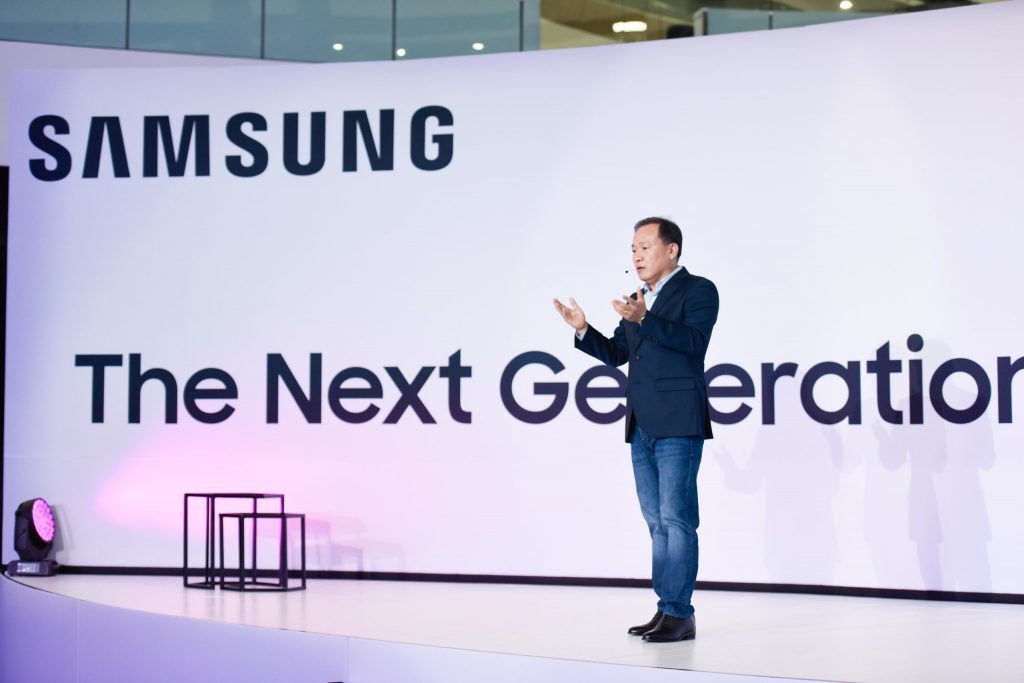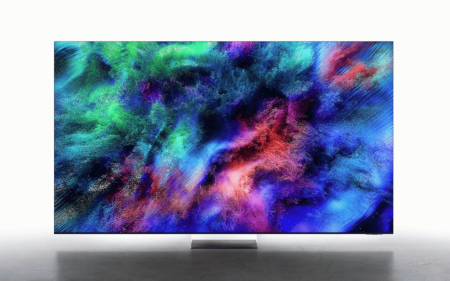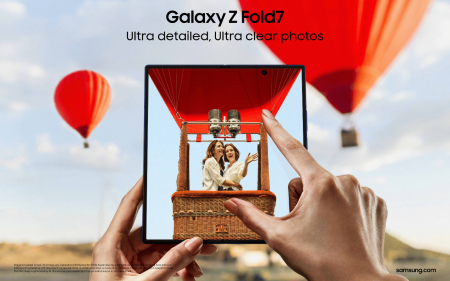It took a little while but smartphones are at least as powerful as modern PCs now. High-end octa-core processors, more than 8GB of RAM, and flash storage will do that to a phone. Graphics performance is about the only area where phones lag behind computers, but a new partnership between Samsung and AMD could put paid to that problem. The short version? AMD’s Radeon graphics tech is coming to Samsung’s smartphones in the near future.
Samsung is licensing AMD’s RDNA graphics architecture for use in its own hardware. RDNA is a newly-announced tech designed to improve graphics processing without pushing up power requirements too much. Which is just what we want to see from a mobile graphics processor. As does Samsung, obviously, or it wouldn’t have signed on the dotted line. The partnership is for several years, though there’s no indication when we’ll see the first hardware from this new union.
Pixel-pushing party
 Samsung’s new partnership “…will focus on advanced graphics technologies and solutions that are critical for enhancing innovation across mobile applications, including smartphones”, according to the announcement. The wording is suggestive of having other device, like tablets, included. Which isn’t exactly unexpected. Samsung’s Exynos processors, which are the logical choice to host AMD’s tech, also serve larger devices. Powering up bigger screens can only be a good thing. Time for a Fortnite dance? Sure, let’s go with that.
Samsung’s new partnership “…will focus on advanced graphics technologies and solutions that are critical for enhancing innovation across mobile applications, including smartphones”, according to the announcement. The wording is suggestive of having other device, like tablets, included. Which isn’t exactly unexpected. Samsung’s Exynos processors, which are the logical choice to host AMD’s tech, also serve larger devices. Powering up bigger screens can only be a good thing. Time for a Fortnite dance? Sure, let’s go with that.
AMD’s graphics tech already runs the majority of the games consoles on the planet. Nintendo’s Switch might be rocking Nvidia tech, but both the Xbox One and PlayStation 4 call on AMD’s graphics, and the company has spread its chips to other, lesser-known hardware as well. To say nothing of the company’s desktop and notebook computer range of graphics cards.
AMD CEO Dr. Lisa Su says, “Adoption of our Radeon graphics technologies across the PC, game console, cloud and HPC markets has grown significantly and we are thrilled to now partner with industry leader Samsung to accelerate graphics innovation in the mobile market. This strategic partnership will extend the reach of our high-performance Radeon graphics into the mobile market, significantly expanding the Radeon user base and development ecosystem.”
Translation? You’re very likely to encounter an AMD graphics processor at some point in your daily life. That was true before this announcement. It’s just a little more true now. And, since South Africa always gets the Exynos-fitted hardware, we’re going to get a chance to see how the graphics upgrade does. When it arrives, that is.
Source: Global NewsWire




